As we reported earlier, the delegation of the Russian Muftis Council, headed by the Chairman RMC Mufti Sheikh Ravil Gaynutdin attends a meeting of the Presidium of the Interreligious Council of the CIS, which opened in Yerevan today. Russian Muslims are represented on the forum by the first deputy chairman of the DUMER Damir Mukhetdinov, vice-chairman of DUMER Haris Saubyanov.
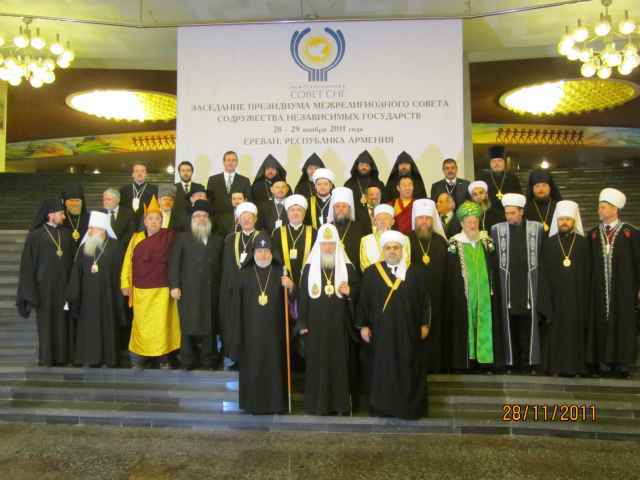
The Interreligious Council of the CIS was created March 3, 2004 at the Second CIS Interfaith Peace Forum in Moscow. This forum gathered the spiritual leaders of Christianity, Islam, Judaism and Buddhism. The Muslim clergy came to the forum: Mufti of Kazakhstan Absattar Derbisali, head of Caucasian Muslims Board Allahshukur Pasha-zade.
Ravil Gaynutdin drew the attention of the forum to the fact that developments in the Arab-Muslim world were not only the consequences of the economic crisis but the crisis of morality and spirituality.
"In my opinion, today we have every opportunity to convey to our people the importance of enduring and inalienable God's commandments. The main thing is not to make all the followers of only one, or that, religious outlook, forcing people to only own understanding of truth. Our task - to cultivate the peoples of the Commonwealth of Independent States and all the people to the brotherly love and good-neighborliness, to encourage them to seek peace and repentance, to teach them to appreciate the Eternal, and not only to live the earthly joys, "- the Mufti said in his speech.
It should be noted that there was a constructive and friendly atmosphere in the meeting of the Presidium of the Interreligious Council of the CIS countries.
At the evening reception hosted by President Serzh Sargsyan the Chairman of the Russian Muftis Council mufti sheikh Ravil Gaynutdin had a conversation with Catholicos of All Armenians Karekin II and Prime Minister Tigran Sargsyan, during which the Mufti expressed his gratitude for the excellent organization of the forum and for a very profound statement of the Head of Government of Armenia, in which he emphasized the importance and obligation of spirituality and morality in the state and public construction.
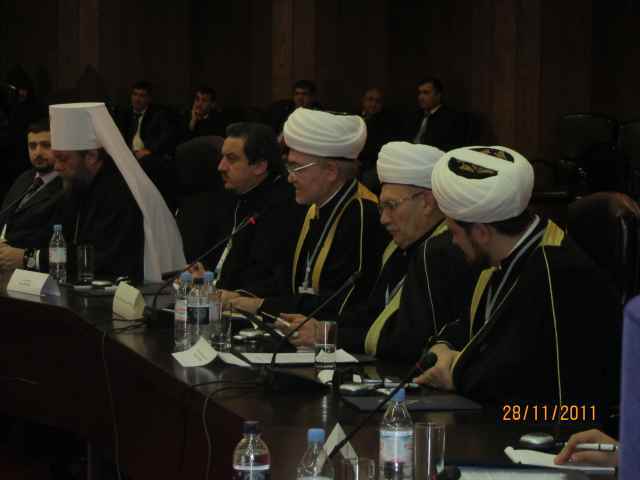
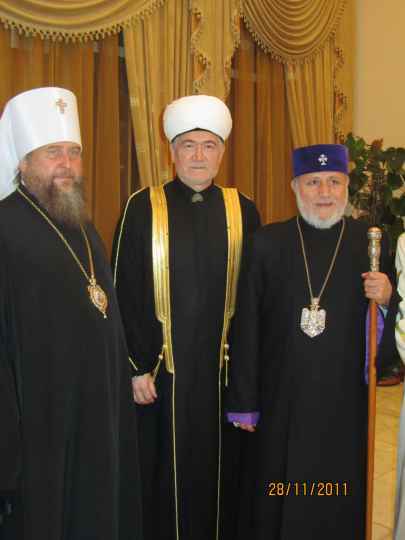
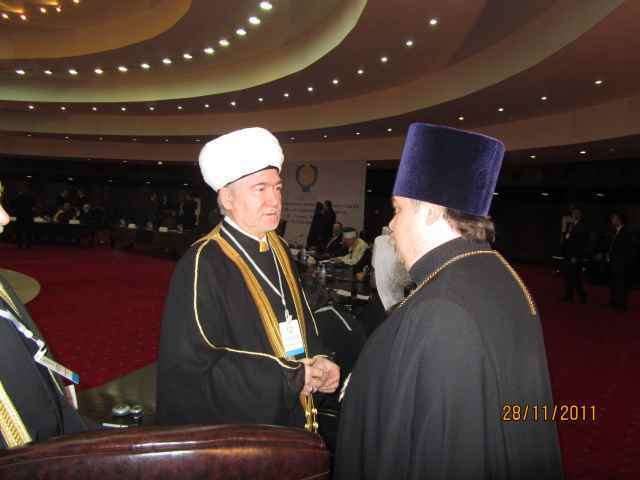
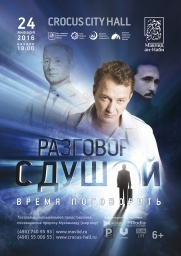 Mawlid an-Nabi in Crocus City Hall
Mawlid an-Nabi in Crocus City Hall
